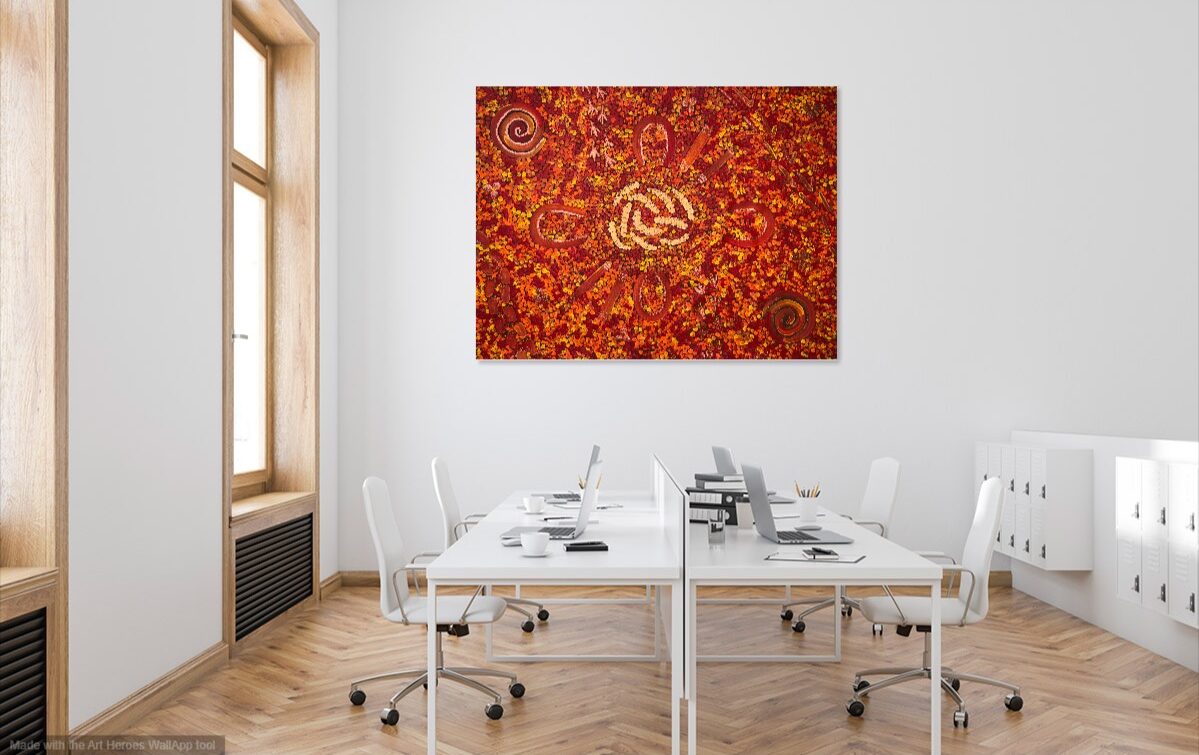
Aboriginal and Torres Strait Islander peoples have strong family values. The family system has an extended family structure, as opposed to the nuclear or immediate family structure which is common in western society.
This means the child rearing responsibilities extend beyond the immediate family group and may include aunts, uncles, cousins and grandparents. We (as practitioners) must understand the extended family concept when working with Aboriginal and Torres Strait Islander communities.
Family members also have other core functions within Aboriginal and Torres Strait Islander societies. As with non-Indigenous cultures, families teach children about social norms for interaction with others, along with specific cultural values and rules.
Over time, Aboriginal and Torres Strait Islander children find out about their family connections and where they belong in relation to others, including who they are related to, who they can and cannot marry, and socially acceptable ways of interacting with others. Aboriginal and Torres Strait Islander cultures thrive through knowledge of family and kin, connection to country and community.
Aboriginal kinship relations reflect a complex and dynamic system and define where a person fits into their family and community. The value of the kinship system is that it structures people’s relationships, obligations and behaviours towards each other. It will influence who will look after children if a parent dies, who can marry whom, who is responsible for another person’s debts or misdeeds, and who will care for the sick and old.
For example, a man or woman may have an obligation to care for the children of their siblings. The children may refer to their uncle and aunty as their ‘father’ or ‘mother’ and their cousins as brothers’ or ‘sisters’. They know who their real mother and father are, but under these societal (kinship) laws, other family members have equal importance. The common terms of endearment among Aboriginal peoples are ‘brother’ or ‘sister’ when talking to people. These are derived from the kinship terms and associations.
Out of stock
Ready to become an art collector? Read more information and answers to frequently asked questions about this collector's item below.

I acknowledge and pay respect to the Traditional Custodians of the land we live and work on. I extend my respects to Elders, both past, present and emerging; and recognise the continuing connection to lands, waters and communities of all Aboriginal and Torres Strait Islander peoples today.